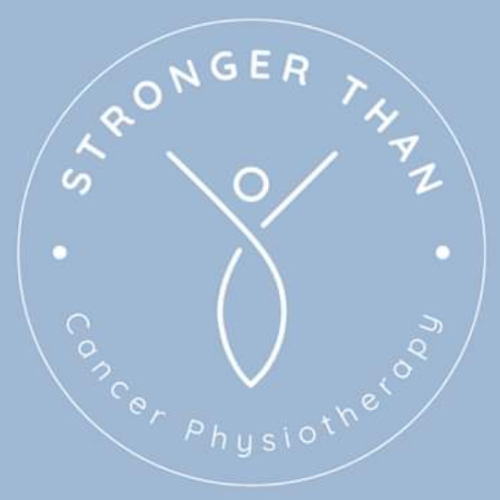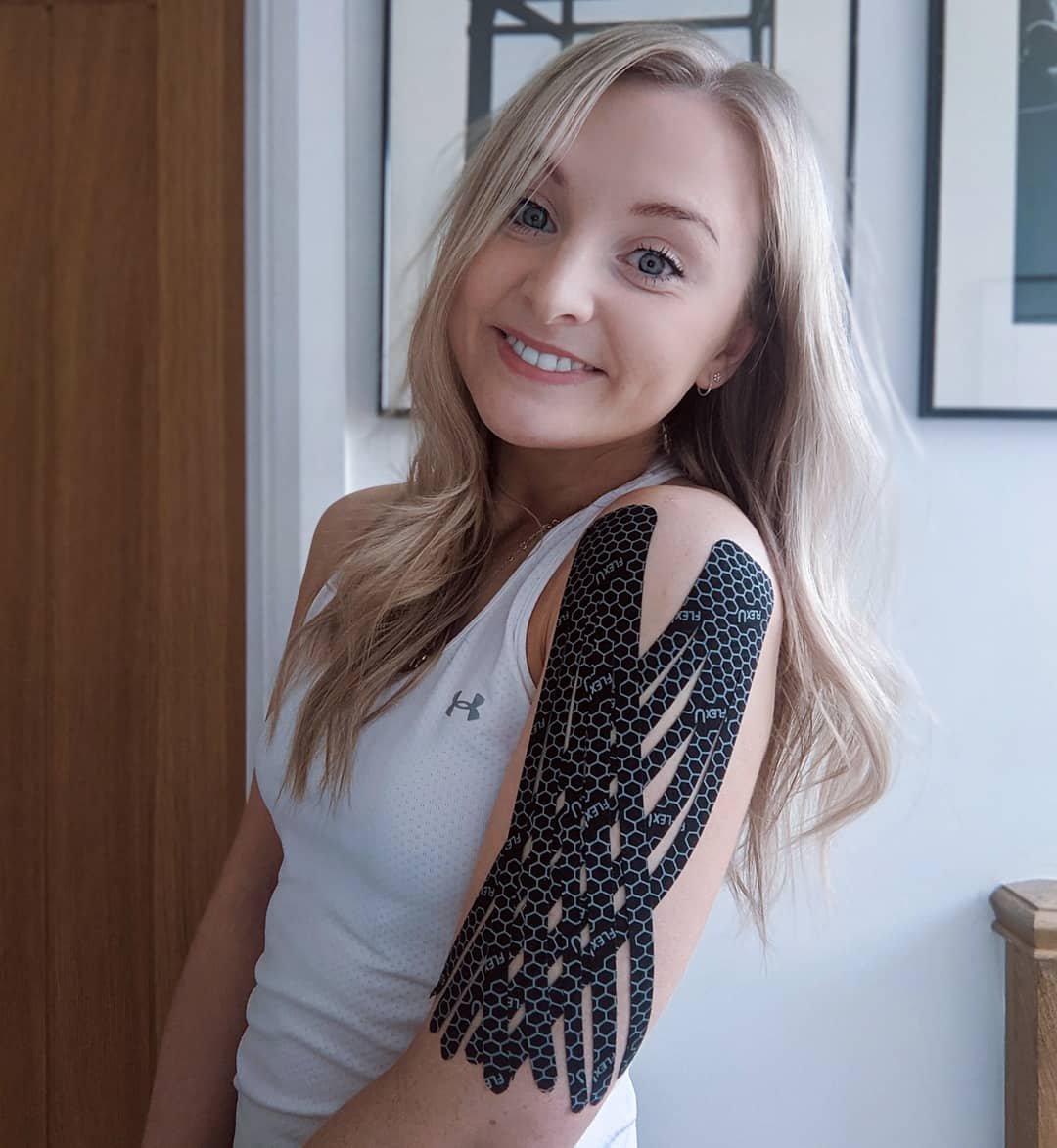Hello! I’m Hannah, a chartered and specialised Oncology and Palliative Care physiotherapist.
The physical side effects of cancer can feel overwhelming and you may feel uncertain about how to stay active with a cancer diagnosis. My mission is to empower you to manage the physical symptoms of cancer and take back control of your life. I am completely committed to every person under my care, and use my passion for people and science to help you achieve the best possible outcomes.
Throughout my 12 year career, I have seen the enormous impact cancer can have on all aspects of someone’s life. Each person’s experience of cancer is very personal, which is why your rehabilitation should be too.
Alongside my Band 8a NHS role, I offer private online appointments to clients from across the UK and internationally. I can also offer face-to-face appointments in Surrey, both in clinic and in their own homes.
If you would like to find out more about how a bespoke cancer rehabilitation plan can support you, please get in touch - I would really love to hear from you!
Hannah
Accredited by:
Working with:
Physiotherapy supporting you through all stages of cancer
-

Before treatment
A bespoke prehabilitation plan will empower you with self-management techniques and start important exercise habits before your treatment begins.
-

During treatment
A bespoke rehabilitation plan during treatment will support you to stay active, minimise complications and achieve the best possible treatment outcomes.
-

After treatment
A bespoke rehabilitation plan will support recovery after treatment and manage side effects, such as scar tissue, axillary web syndrome and fatigue.
-

Palliative rehabilitation
For anyone not having curative treatment, palliative rehabilitation will maximise independence, comfort and quality of life.
Conditions I can help you with
-
Cancer and treatment may leave you feeling unable to exercise, or even manage your day-to-day tasks. A personalised rehab plan can be used to gently rebuild your exercise tolerance.
-
Cancer induced muscle wasting (‘cachexia’) can impact both your physical function and your body image. Spending more time sedetary can also cause loss of muscle mass. A personalised rehab plan will help to manage this. If required, I may also refer you to my specialist cancer dietetic colleagues
-
You may feel your balance is affected and that you are less steady on your feet. Dizziness, peripheral neuropathy and general deconditioning may cause this.
-
Surgery and radiotherapy may cause changes to the soft tissues surrounding your joints, causing reduced range of movement. You might even develop muckuloskeletal issues, such as adhesive capsulitis (‘frozen shoulder’).
-
Cancer-related fatigue is different to ‘feeling tired’. Physiological changes affect metabolic energy levels. This can be debilitating and affect quality of life. Research shows exercise is the best way to manage CR fatigue.
-
Shortness of breath can be caused by many things: lung disease, reduced exercise tolerance, low haemoglobin, blood clots, low oxygen levels, inflammation, pain, radiotherapy-induced fibrosis, infections, excess fluid (pleural effusion, ascites) and more. Finding out the cause of your breathlessness is very important, to find a self-management plan that works for you.
-
Pain is common after surgery and radiotherapy. Alongside appropriate pain relief medications, non-pharmacological treatments such as a TENS machine, hot/cold therapy, stretching, relaxation and breathing techniques can help.
-
Hormone therapy and aromatase inhibitors change the hormonal balance in the body, which can lead to muscle aches. These can be so severe, that treatment may need to stop. Finding ways to manage these aches and pains is essential, so you can stay on the best anti-cancer treatment plan.
-
Neuropathy occurs when cancer treatment causes nerve damage. There can be caused through surgery or radiotherapy, or as a secondary result of chemotherapy (‘peripheral neuropathy’). Pain and numbness from nerve damage can impact physical function and quality of life. Physiotherapy can help find ways to minimise symptoms and encourage nerve repair.
-
Muscle weakness can be caused by medications, such as steroids (‘steroid-induced proximal myopathy’). Maintaining muscle strength and function is essential for physical health.
-
Lymphoedema is a chronic condition which can be caused by damage to the lymphatic system, for example lymph node removal or radiotherapy. It is characterised by swelling in the affected limb. Specialist advice and exercises are essential to help prevent lymphoedema for those at risk. Rehab and self-massge techniques can also help for those managing lymphoedema long-term.
-
Also known as ‘cording’. It is characterised as a had, ‘cord-like’ structure under the skin which can cause pain, tightness and reduced movement. It is treatable with stretches and massage techniques.
-
After surgery, the visible scar on the skin may heal in 4-8 weeks, but deeper scar tissue can take up to 2 years to ‘mature’. Scar massage is very important to prevent complications and improve the appearance of scars. Hannah is trained in Oncology Scar Therapy and can teach you how to use scar massage in your daily routine.
-
Medications, such as chemotherapy, can occasionally cause damage to your heart which may impact your abiilty to exercise. Specialist advice and support can guide you through a graded rehab programme to improve your heart health after chemo.
Testimonials























